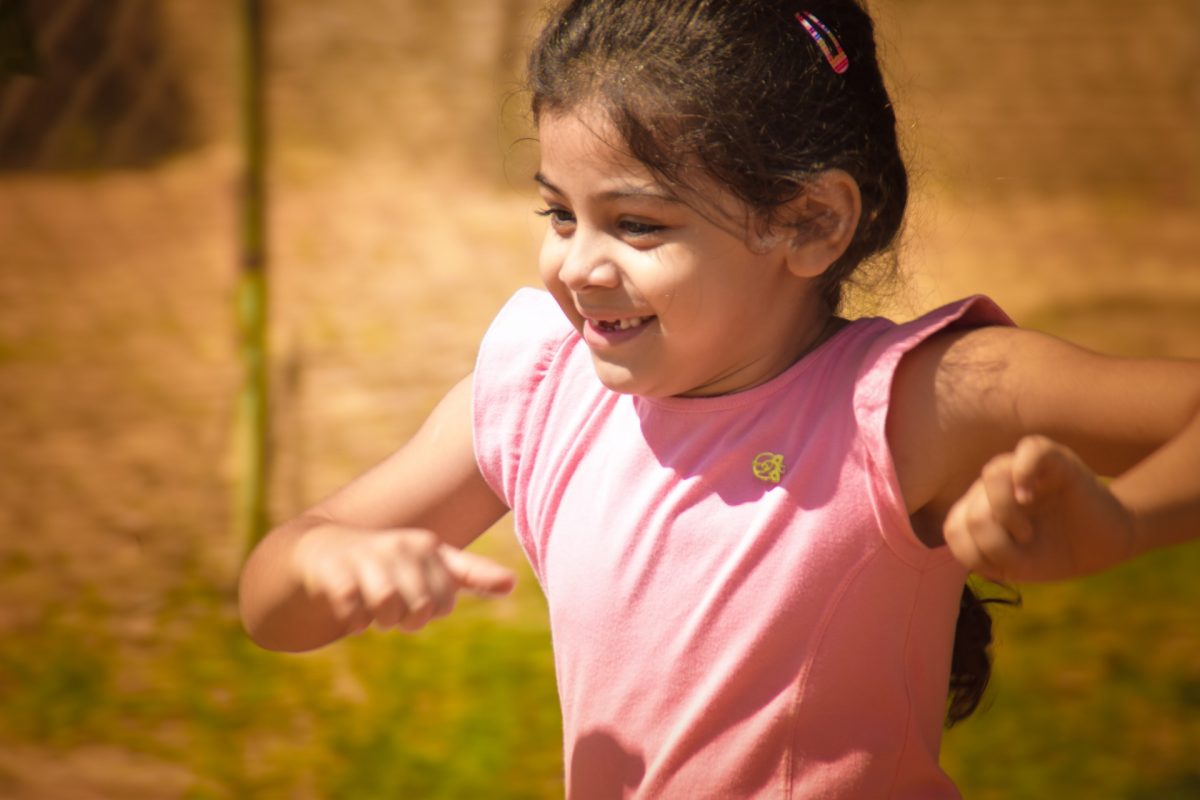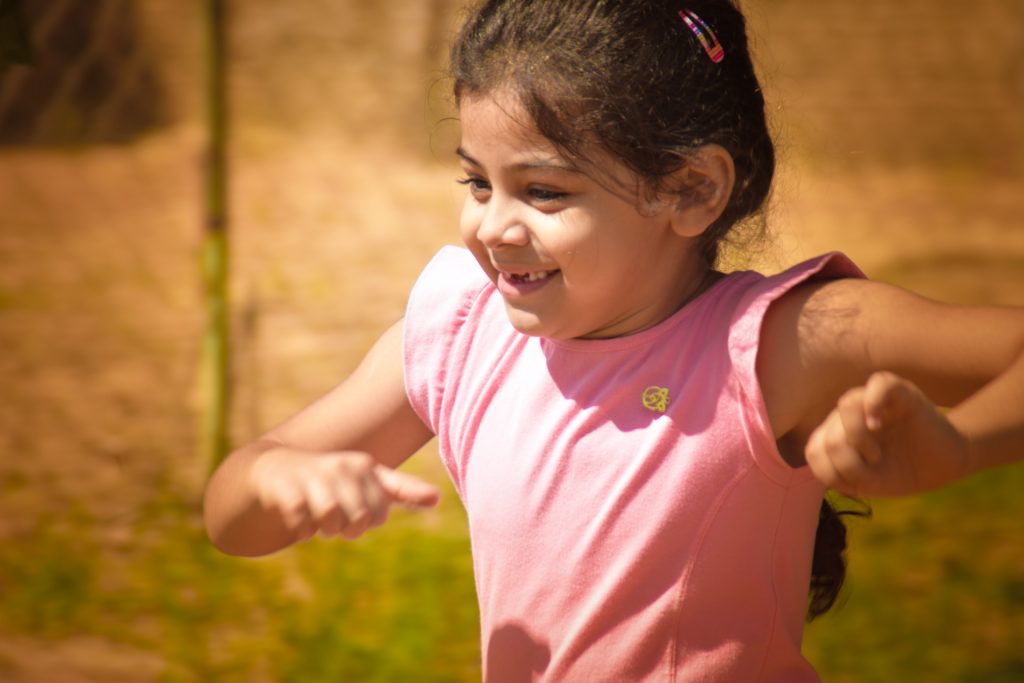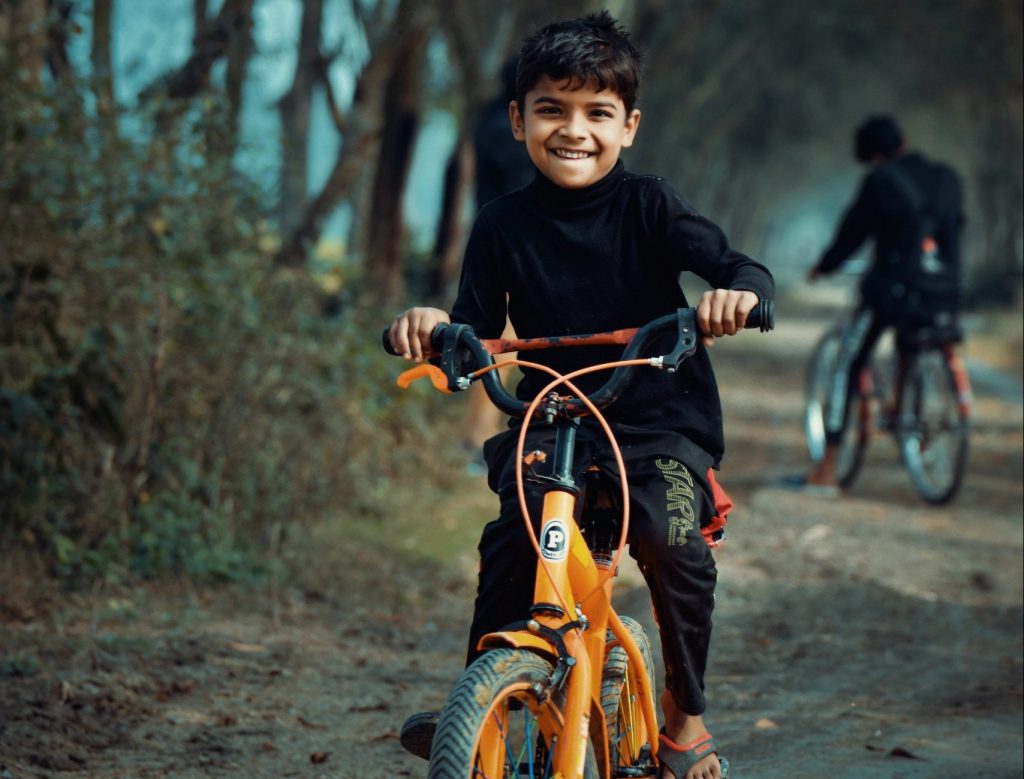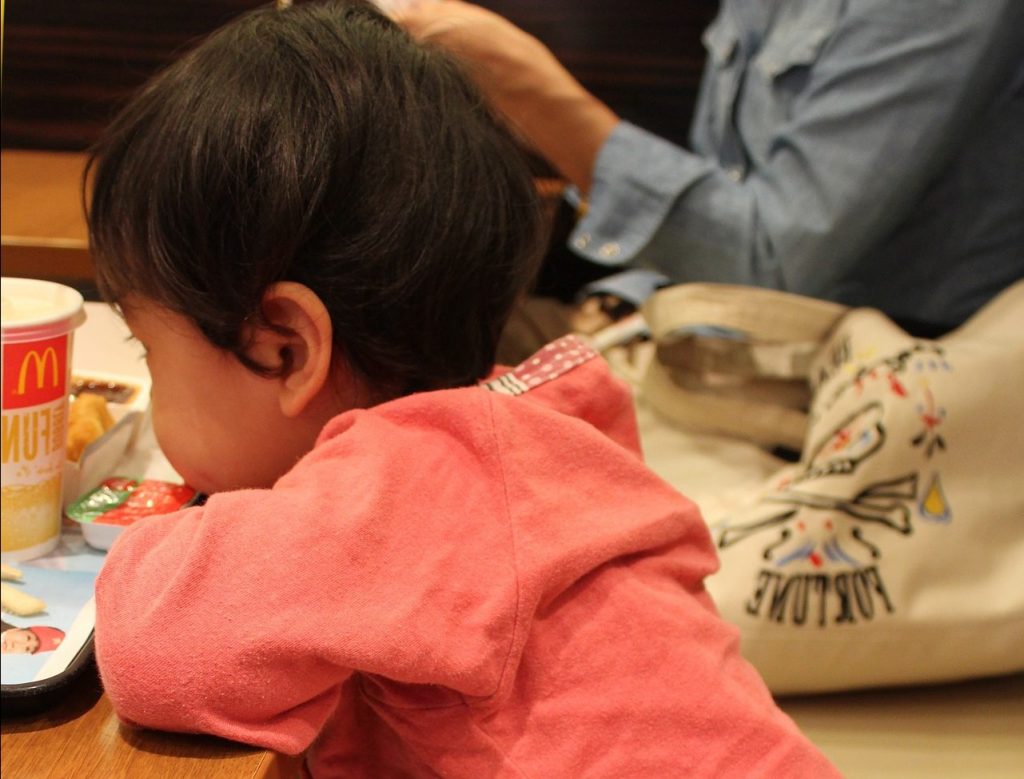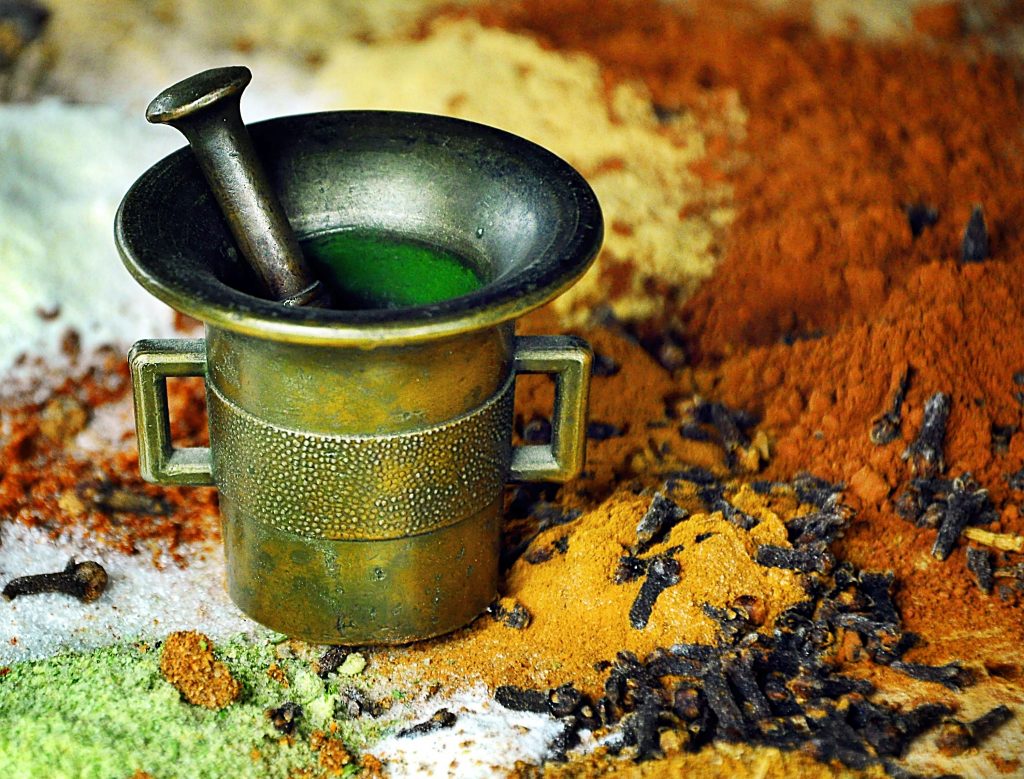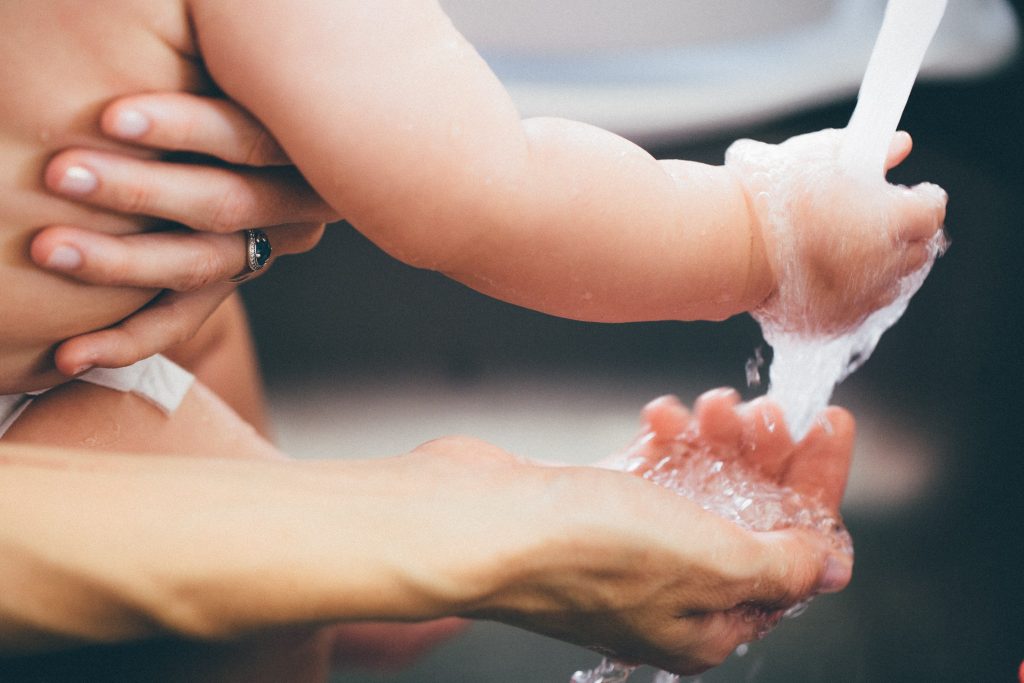Once the babies are weaned, they are prone to health issues like runny noses, gastrointestinal problems, colds, coughs, etc. How often have we attributed these symptoms to changes in the weather or allergies? Is it fair to just accept that your toddler is more susceptible to infections than other kids? Instead, why not boost your child’s immunity against common diseases?
Here are some useful tips for better immunity in children
Breast milk

Breastfeeding is the best immunity-boosting method for babies. According to an article published by the National Health Scheme, U.K. breast milk boosts immunity and protects babies from various diseases. Breast milk contains powerful white blood cells and natural antibodies. The nutrients will protect your child from respiratory diseases, urinary tract infections, tummy bugs, meningitis, and others. If you are a stay-at-home mommy and get plenty of breast-milk, then try to breast-feed the baby at least for a year. This will strengthen the immunity of the child much more than supplements do.
Eating right

Some foods have powerful phytonutrients that enhance the production of white blood cells that fight diseases. Add 2 tablespoons of fresh fruit and/or vegetable pulp in the daily diet of your pre-schooler. Green beans, berries, carrots, oranges, kiwi, etc. contain diseases-fighting nutrients like vitamin C, beta-carotene, etc. Other foods that improve immunity in toddlers are oily fish (containing Omega-3), almonds (vitamin B), garlic (sulphur), mushrooms (zinc), yam (vitamin A), and others.
Healthy hygienic habits
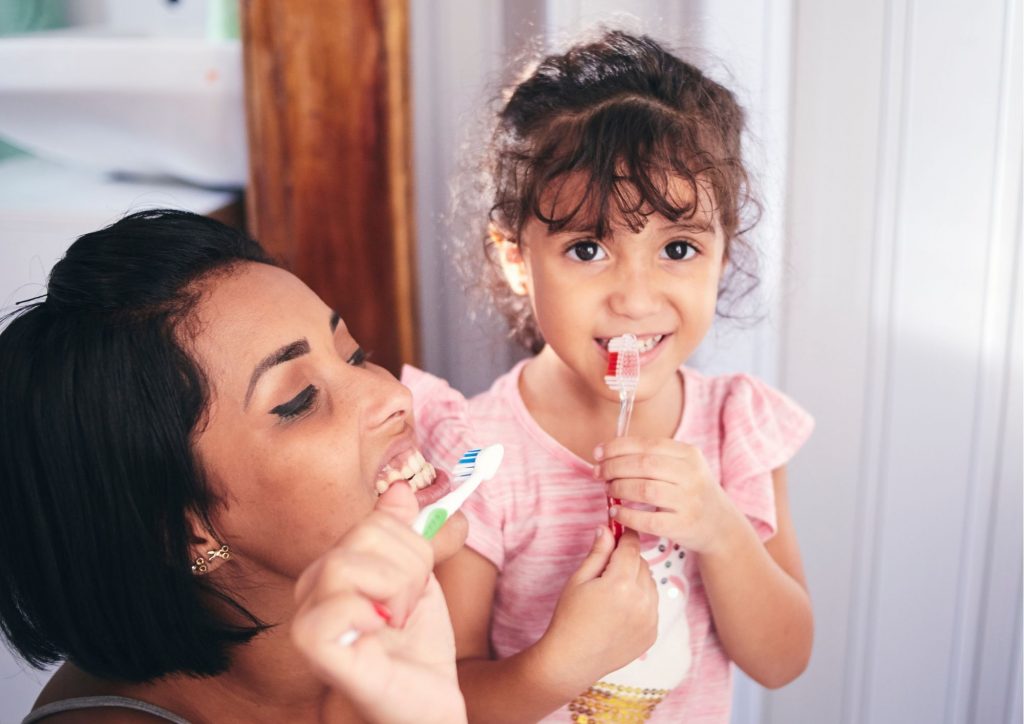
Teaching clean habits is one of the most important ways of improving your child’s immunity. There are many situations when toddlers are exposed to disease-carrying germs. They may be handling pets, not washing hands before meals, using shared soaps and towels, etc. Teach your child clean habits at a very early age so that they become second nature.
Adequate sleep

Toddlers need 11 to 15 hours of sleep per day depending on age. Adequate sleep and regular sleep cycles are good for toddlers. Kids with low immunity can be affected by Sleep Deprivation. You need to ensure that your child gets deep sleep in order to remain healthy and happy. On the other hand, Ingestion of the right foods will also help to counteract the side-effects of sleep deprivation to some extent.
Physical activity
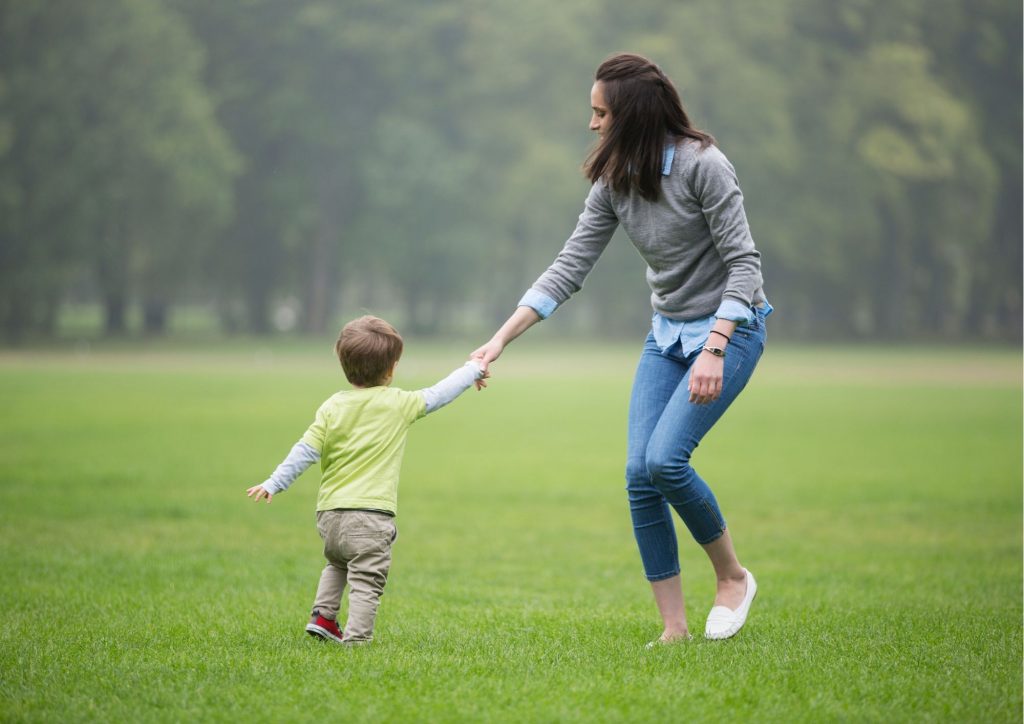
You do not want your toddler to grow up into a couch-potato! But formal exercises will be boring for your delightful little toddler. Whereas, music and dance, cycling, follow-the-leader game (which involves walking), racing, ball games, etc. will be fun.
Avoid passive smoking
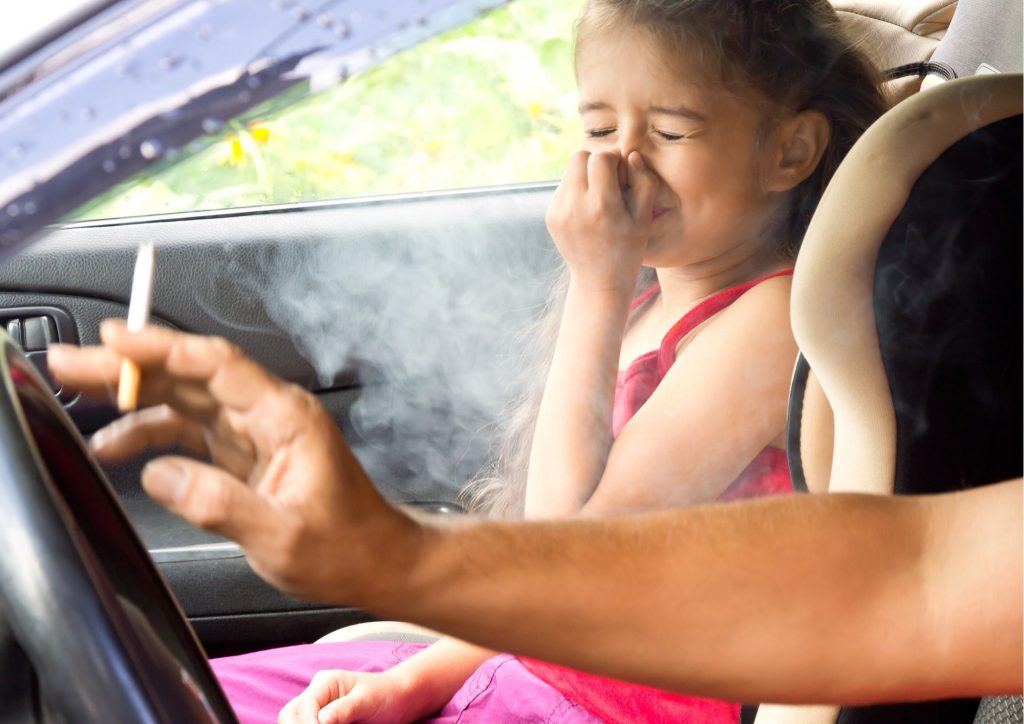
The parents’ habit of cigarette smoking in the presence of children is the most common reason for respiratory problems in kids. Second-hand smoking or passive smoking will cause low immunity in the child. This will make your kid more susceptible to chronic/recurring diseases like colds, coughs, bronchitis, pneumonia, asthma, or worse!
Your toddler’s well-being is entirely in your hands. The more you know how to improve your child’s immunity the easier life will be for your toddler. Good health and stamina will ensure that your little darling is always active and happy.

